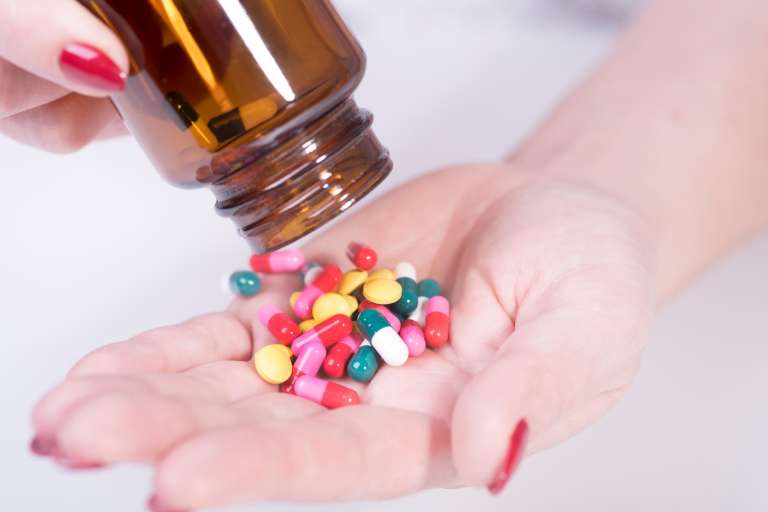Many medicines are heat sensitive and can become ineffective and even harmful when exposed to unfavorable heat or cold.
Changes in medicines under the influence of air temperature can affect the pharmaceutical form of the medicine. For example, fats, creams or pastes melt at elevated temperatures and solidify at high temperatures. Tablets, capsules, syrups and solutions at inappropriate temperatures can change the organoleptic properties: color, smell or taste.
But many drugs, especially biological ones, can also change their chemical structure and thus their chemical composition. For each drug, the manufacturer indicates the storage method in the instructions for the drug, that is, acceptable and unacceptable changes that may occur if the drug is not stored correctly.
Transport and storage in the “cold chain”
In the pharmaceutical industry, during transport, storage and in all pharmacies, there are many strict rules that ensure the prescribed temperature conditions during the storage and transportation of medicines until the moment of their use, i.e. delivery to the patient. This is especially true for medicines that are transported and stored in the so-called cold chain. These are those drugs whose storage temperature is prescribed at a cold temperature (from 8 to 15 °C) and those that are stored at a very cold temperature (from 2 to 8 °C).
Profimedia
Care should be taken that the medicines are not exposed to the sun or a source of heat.
At room temperature or in the refrigerator
It is very important to always keep medicines in their original packaging. This makes it more difficult to change medicines and thus errors, and the medicine thus retains all its properties, which it must have in order to work.
Medicines that are not as sensitive are stored at room temperature and have an acceptable range of 15 to 30°C and an optimal temperature of up to 25°C. In addition to medicines, storage is also important for various medical devices or diagnostic strips.

Exposed
Sustainability in the paper industry
Each medicine box is equipped with instructions for the use of the medicine, which, among other things, also indicate storage. The instructions should always be read and kept, as some medicines are stored differently before opening and differently after opening.
Medicines stored at room temperature should be kept in a cooler, darker area or cupboard and in a box in a separate place, perhaps in a bedroom, hallway or pantry. There are too many temperature fluctuations in the kitchen and bathroom, and humidity is often present, so this place in the home is not the most suitable. Care should be taken that the medicines are not exposed to the sun or a source of heat. Medicines that need to be kept in the refrigerator are best stored in the lowest compartment and away from the walls of the refrigerator.

Profimedia
Defective tablets crumble, crack, change color or surface appearance.
Unused and spoiled medicines
When you finish the prescribed or recommended treatment, do not store leftover medication unless the medication is part of a home supply to help with milder health problems. A medicine from a “home pharmacy” can be dangerous in case of improper use, and there is also a risk of poisoning, especially of children. Regularly check the stock of medicines in the home pharmacy. In this way, you will find out if the medicines show signs of deterioration or if they have already expired. Medicines that show signs of deterioration or have expired should not be used.
The instructions should always be read and kept, as some medicines are stored differently before opening and differently after opening.
How do the signs of drug spoilage appear? Tablets crumble, crack, change color or surface appearance. Capsules crack, soften or stick together. Liquids thicken, change color, taste or smell. The tubes are cracked, leaking, the contents solidify. Ointments and creams have a changed smell or appearance (hardened content, release of water or oil, changed color…).
Unused and unused medicines must be destroyed properly. Dispose of them as special municipal waste. This reduces the risk that these drugs may pose to human health and the environment. In accordance with the Regulation on the handling of waste medicines, you can also hand in unusable medicines at any pharmacy, where a separate collection of waste medicines is organized and professional destruction is also provided.
Source: svet24.si


